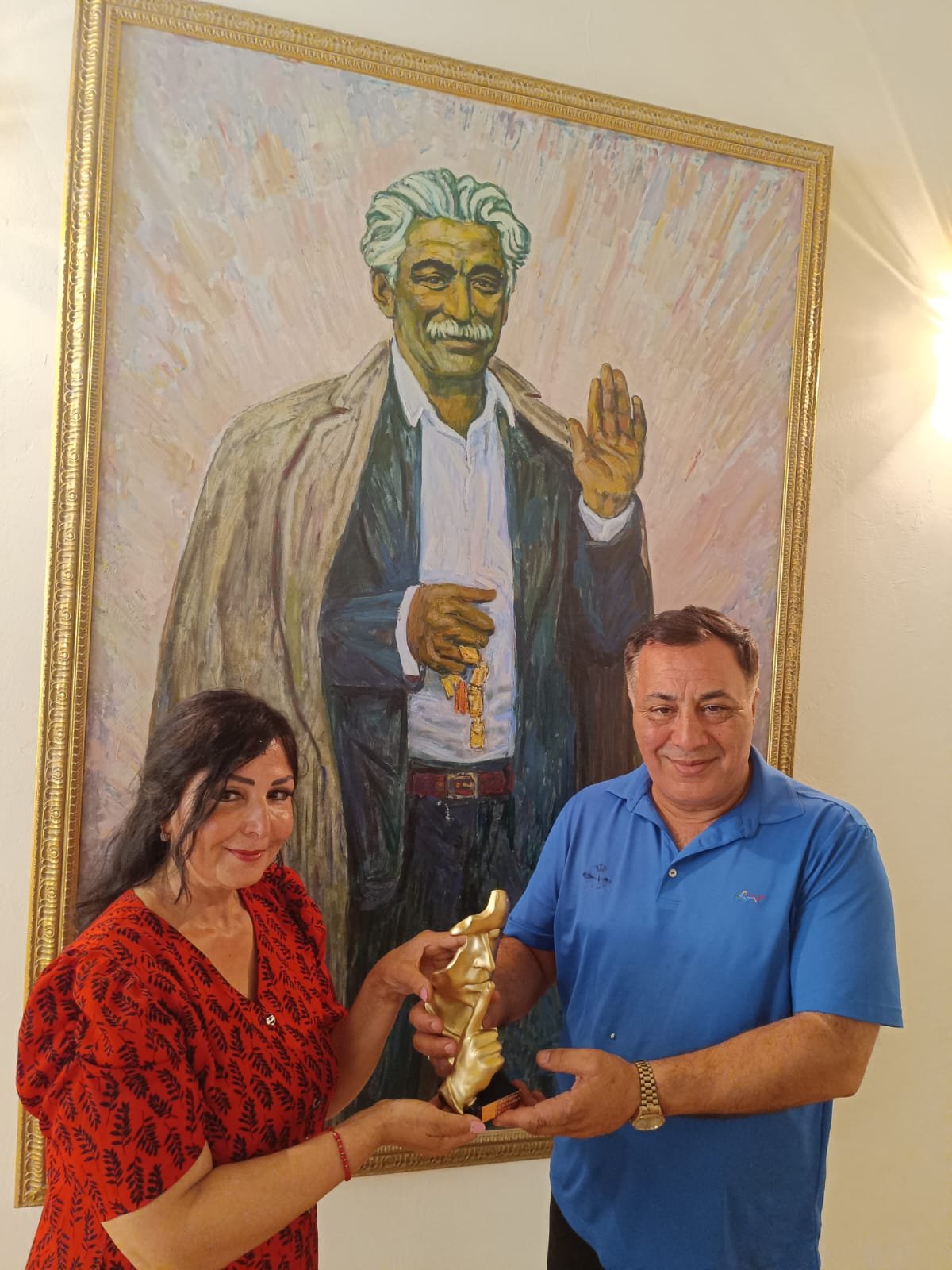In our era, often described as a "knowledge society," it is essential for management students to delve deeply into the study of Indian society. This exploration offers a comprehensive understanding of various social, economic, and cultural dynamics that are crucial for effective management and leadership. Here are several reasons why studying Indian society is indispensable for management students:
1. Developing Mature Common Sense
Studying Indian society equips students with mature common sense. This form of common sense goes beyond everyday knowledge and involves a nuanced understanding of social norms, values, and practices. It helps students make informed decisions, appreciate diverse perspectives, and navigate complex social situations with sensitivity and insight.
2. Citizenship Building
Understanding Indian society fosters a sense of constitutional morality and citizenship. It instills a deep awareness of one's roles and responsibilities as a citizen. Management students learn about the importance of upholding democratic values, promoting social justice, and contributing positively to society.
3. Linking Economy and Society
Economy and society are deeply intertwined, as highlighted by thinkers like Karl Marx and Max Weber. A thorough understanding of Indian society provides insights into how social structures and cultural norms influence economic activities and vice versa. This knowledge is essential for developing strategies that are economically viable and socially responsible.
4. Solving Societal Problems
Indian society faces several challenges such as communalism, casteism, patriarchy, poverty, and regionalism. By studying these issues, management students can develop a moral and ethical framework to address them. This understanding is crucial for creating inclusive and sustainable business practices.
5. Promoting Sustainable Development
The Sustainable Development Goals (SDGs) set by the United Nations aim to address global challenges, including poverty, inequality, climate change, and environmental degradation. Studying Indian society helps management students understand the local context of these global issues and develop solutions that are both sustainable and culturally relevant.
6. Unlearning and Developing Critical Thinking
Social sciences, particularly the study of Indian society, challenge irrational common sense and promote critical thinking. Discussions on the challenges of Indian democracy, inequality, and colonialism encourage students to question established norms and develop creative approaches to problem-solving.
7. Preserving Indian Knowledge and Culture
India has a rich tradition of philosophical thought and cultural practices. Learning from texts such as the Gita, and the works of Gandhi and Chanakya, provides valuable insights into self-awareness, ethics, and social responsibility. This knowledge helps students become thoughtful and reflective leaders.
8. Enhancing Career Opportunities
A solid understanding of Indian society is crucial for excelling in entrance exams for prestigious institutions and government services in India. Knowledge of the social context enhances general awareness and is often a key component of these examinations.
9. Understanding Everyday Life Problems
Knowledge of Indian society helps in understanding everyday life issues, such as the dynamics of the Indian market, family structures, and religious practices. This understanding is vital for effective interpersonal relations with neighbors, colleagues, and friends.
10. Learning from Gandhi and the Freedom Movement
Studying Gandhi’s philosophy and the legacies of the freedom movement teaches the essence of freedom, justice, and equality. Gandhi's principles, such as wealth without work and commerce without morality, are timeless lessons in ethical leadership and social responsibility.
11. Embracing Dissent and Nonconformity
Learning about movements like the Bhakti movement and the freedom struggle fosters a spirit of dissent and nonconformity. It encourages students to think critically and challenge the status quo, essential traits for innovative leadership.
12. Revisiting Development and Management Concepts
Management and development are evolving fields. Insights from Amartya Sen’s work on welfare economics and Gandhi’s idea of Swaraj offer ethical and sustainable perspectives on management. These concepts help students develop a holistic approach to managing self, culture, and society. Modern Management Education Management education, particularly in the context of globalization, requires a specific approach and language of communication. The 21st-century skills essential for management students include foundational literacies (such as literacy, numeracy, and ICT literacy), competencies (critical thinking, creativity, communication, and collaboration), and character qualities (curiosity, initiative, persistence, adaptability, leadership, and social and cultural awareness). Studying Indian society significantly contributes to developing these skills, particularly character qualities, which are crucial for personal and professional growth. Management education should aim to create responsible global citizens who prioritize ethics over mere economic gains.
In conclusion, the study of Indian society enriches management students by providing them with a deep understanding of social dynamics, fostering critical thinking, and preparing them for responsible citizenship. It aligns with the broader purpose of knowledge—to serve society and contribute to its betterment.

Randhir Kumar Gautam is a sociologist and Gandhian social activist who teaches at Gandhian School of Democracy and socialism in ITM University Gwalior. His work integrates academic insights with Gandhian principles to address contemporary social issues. Through his activism and teaching, he aims to inspire positive change in society.








Each topic in subheadings deserves an essay- length writeup on it by the students